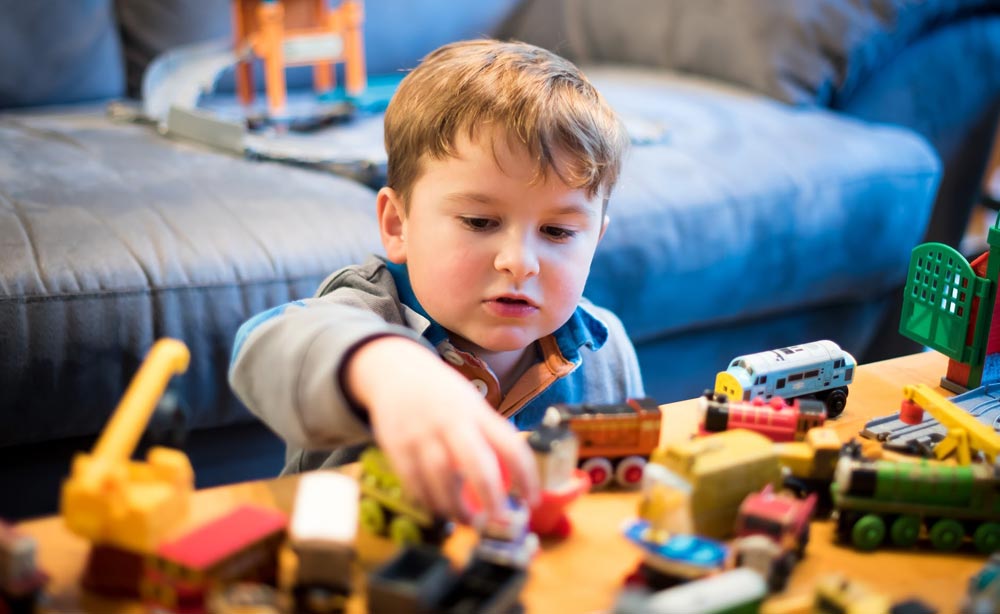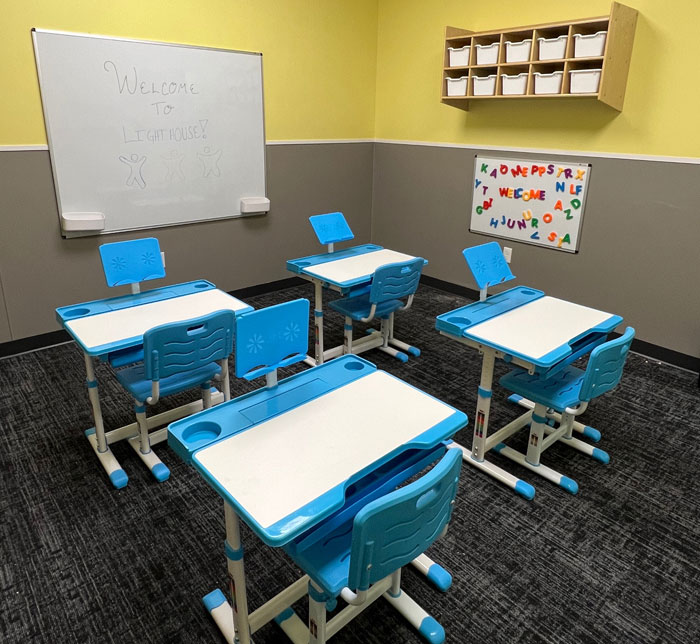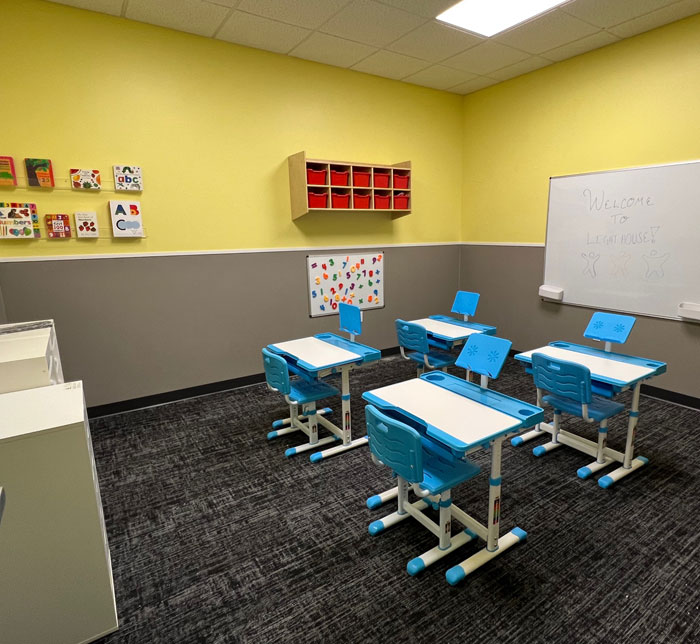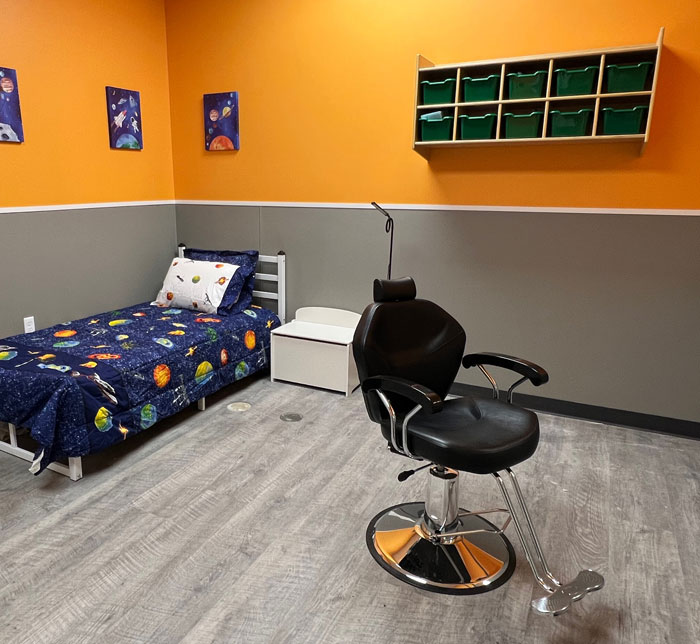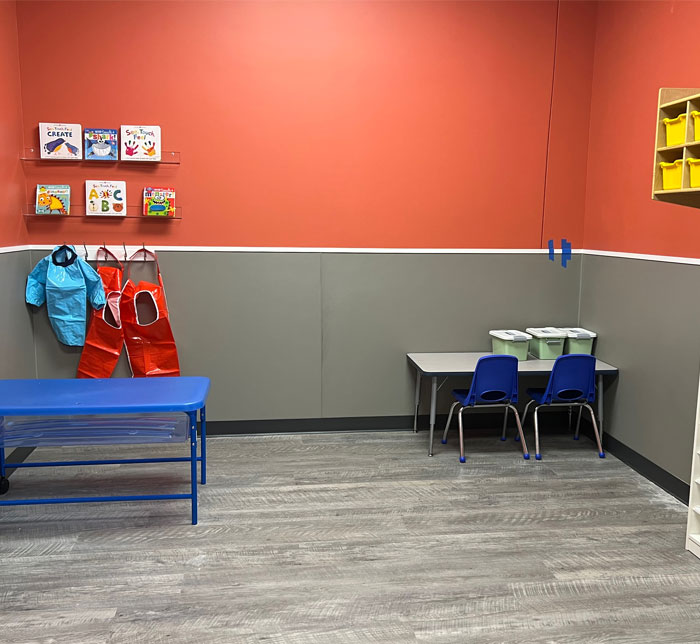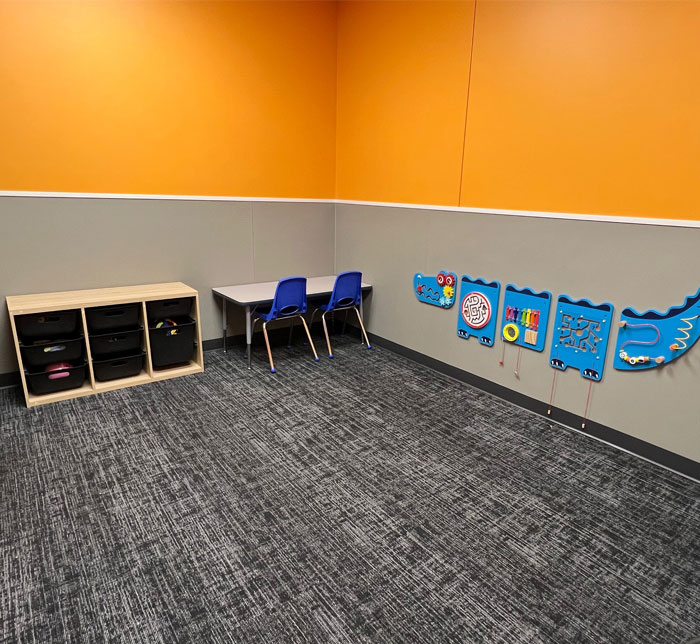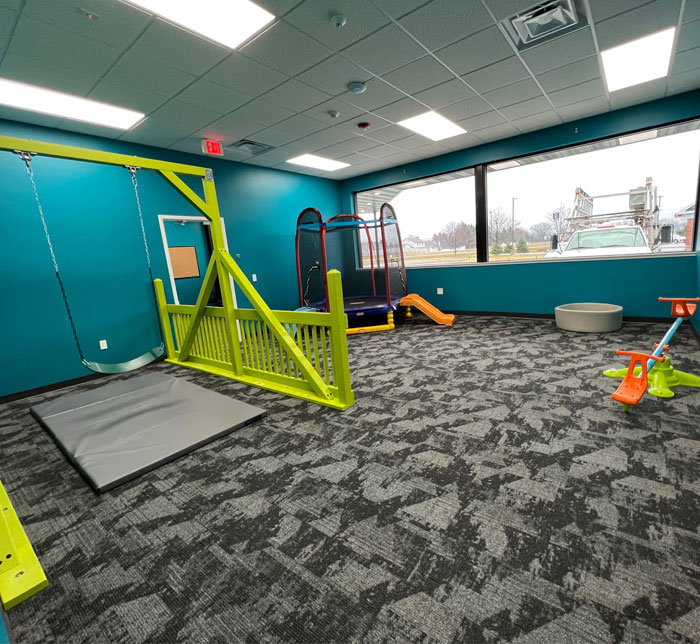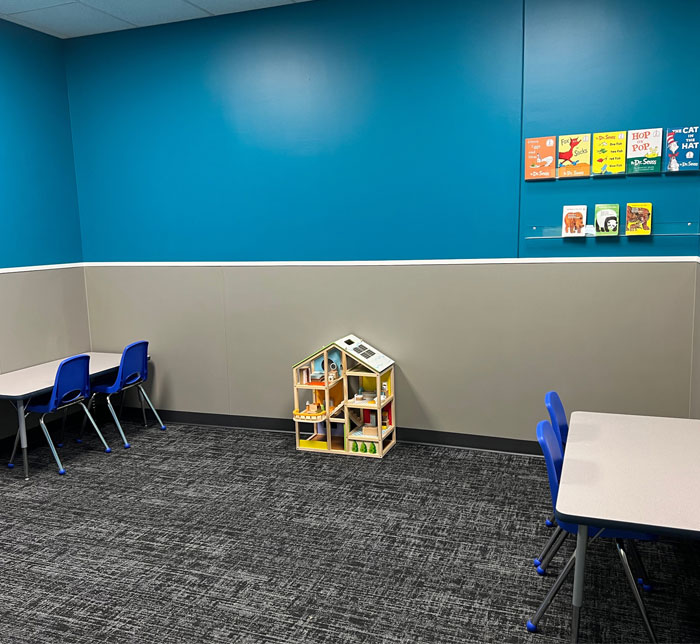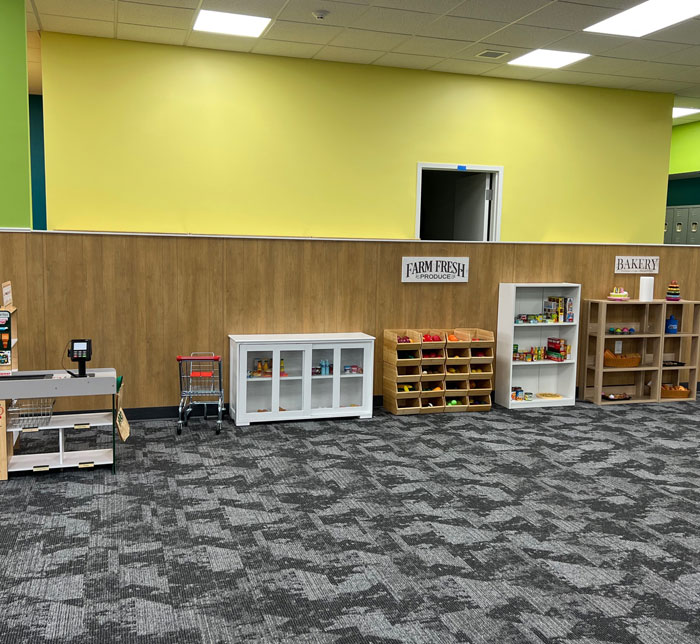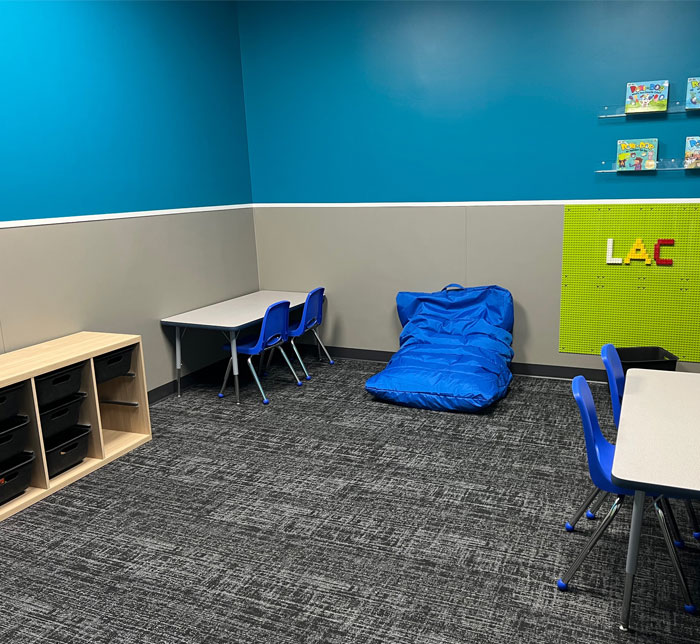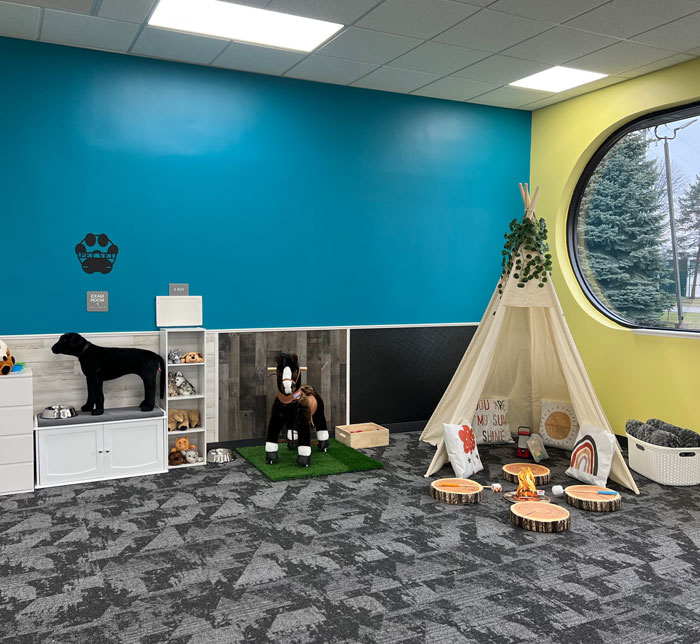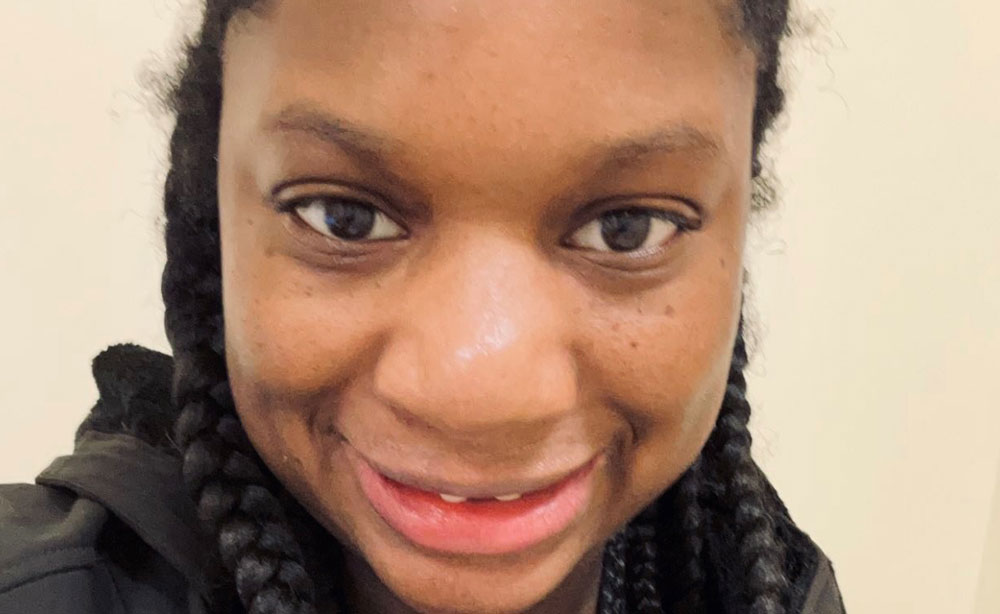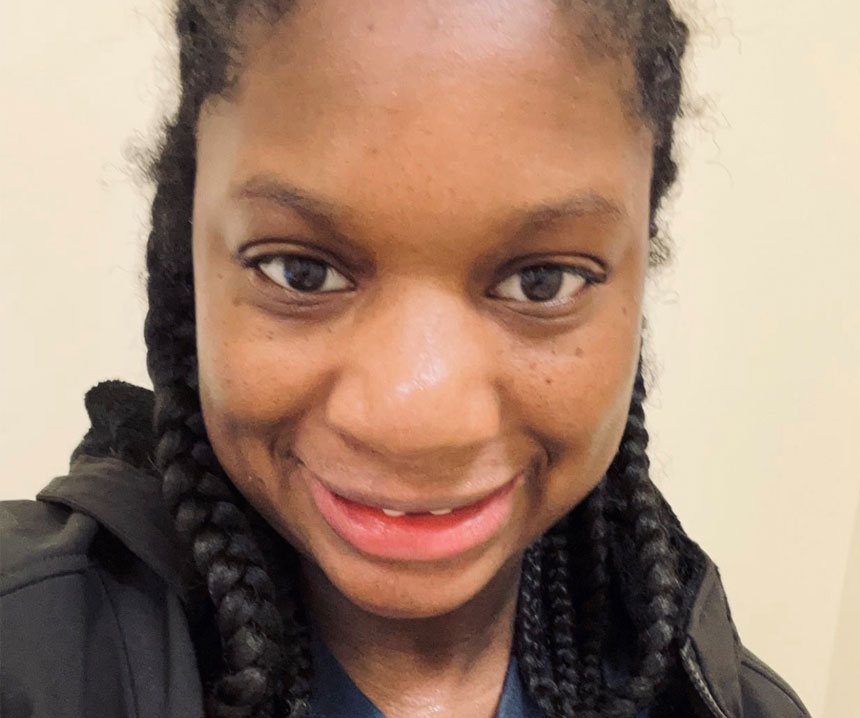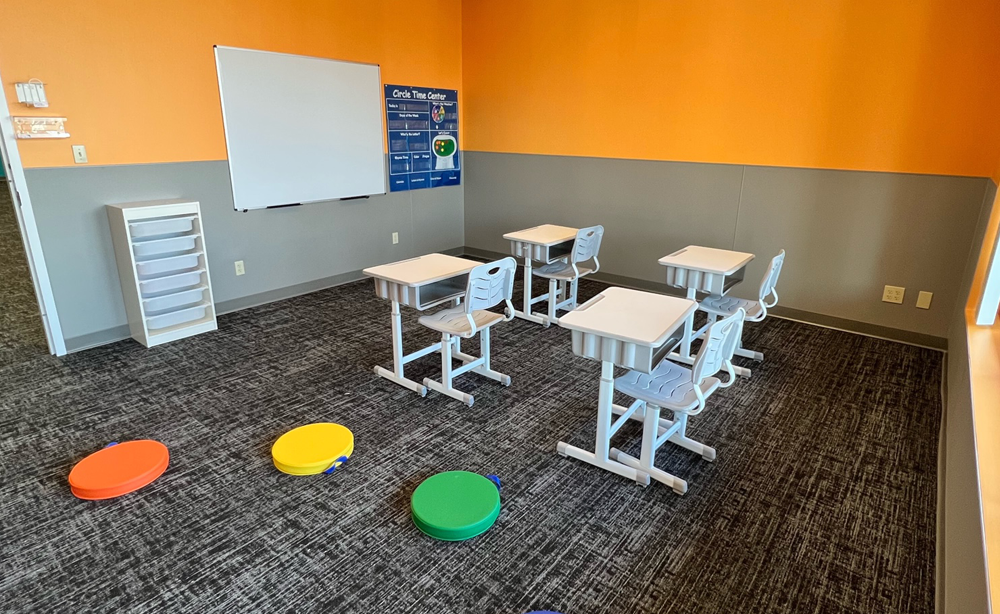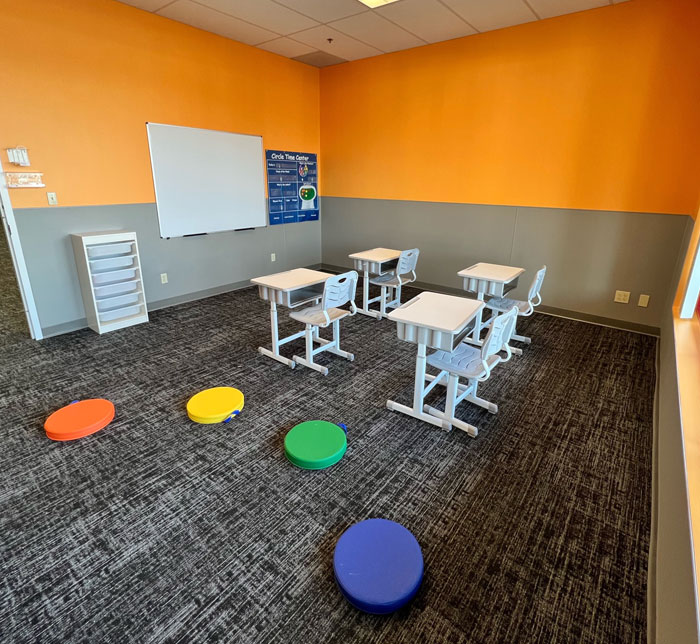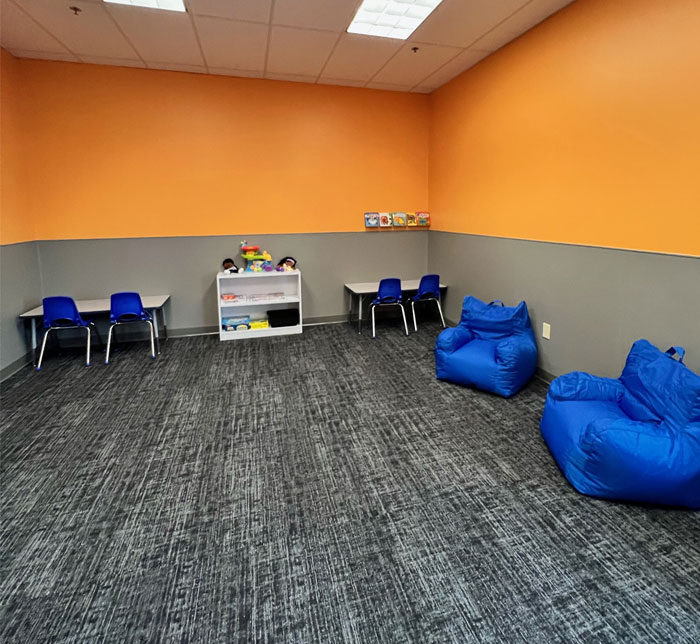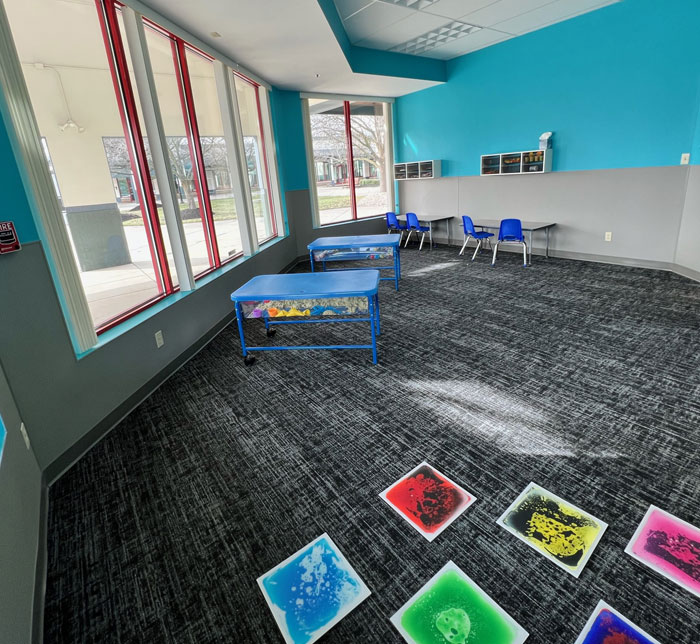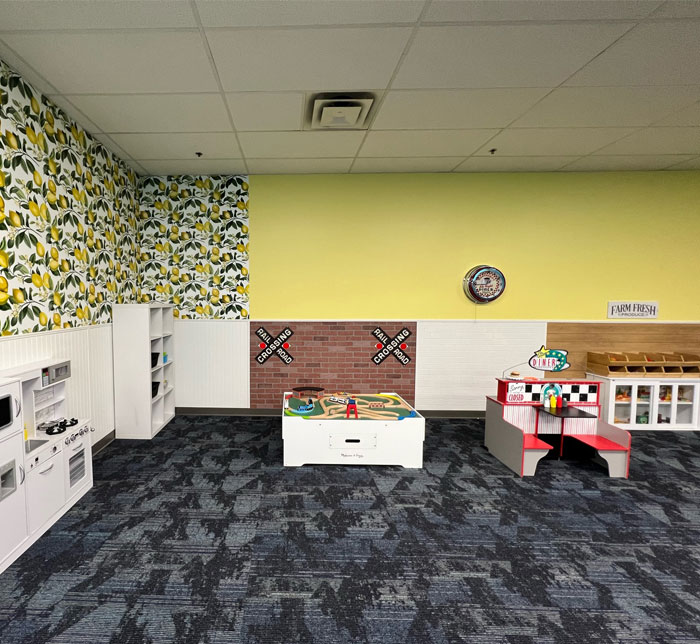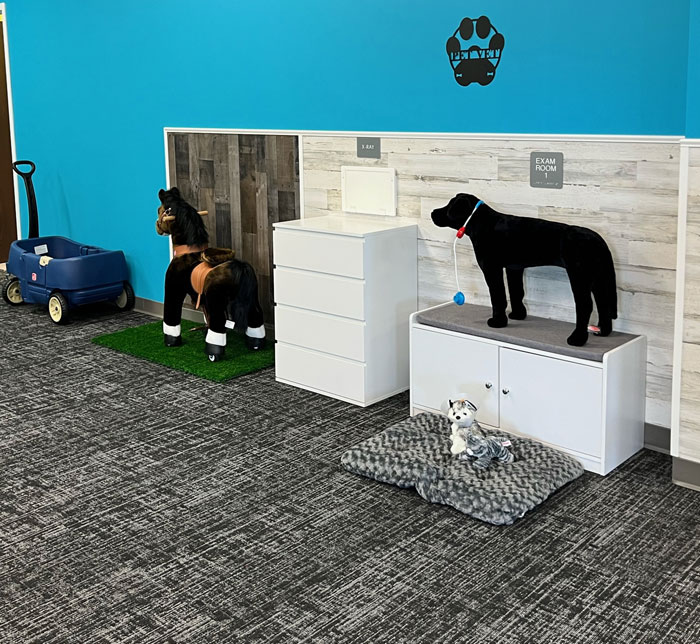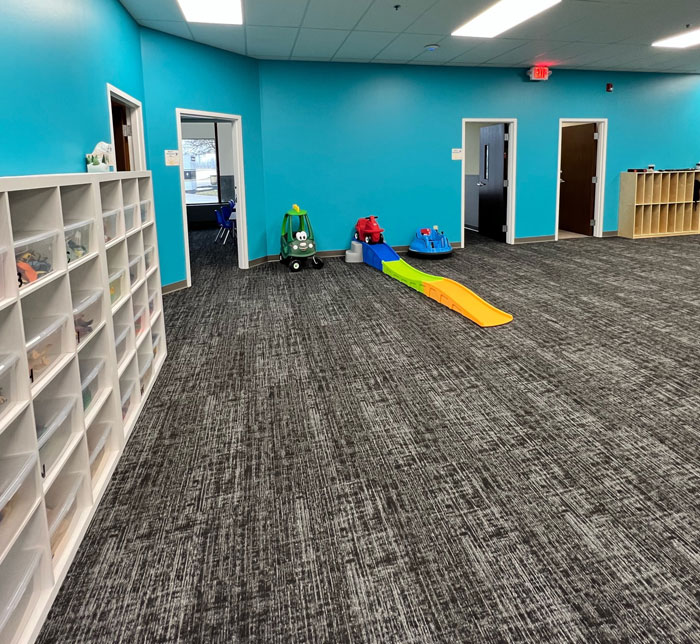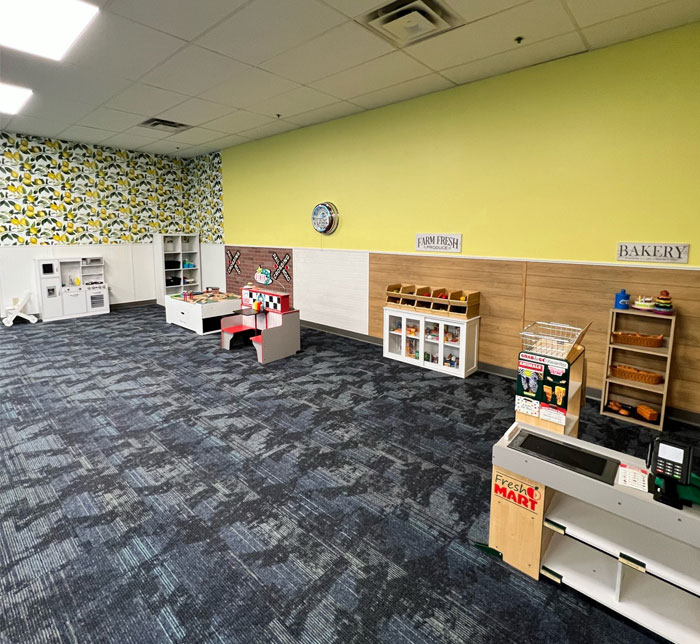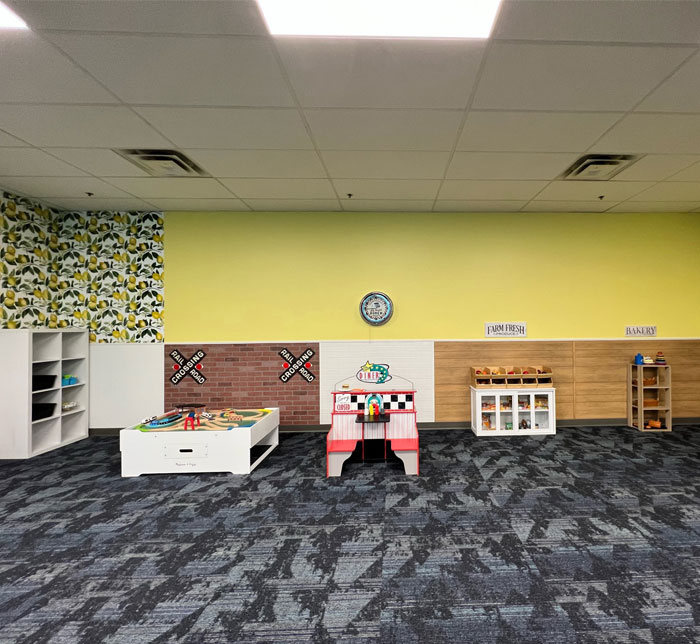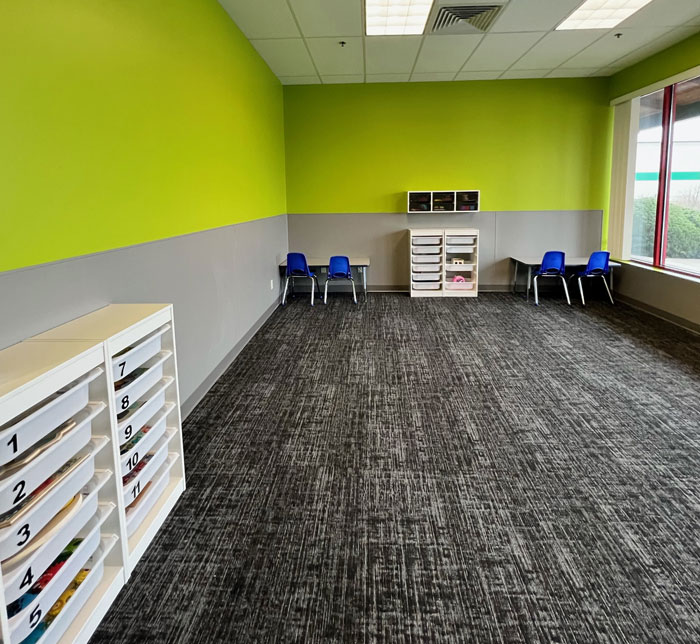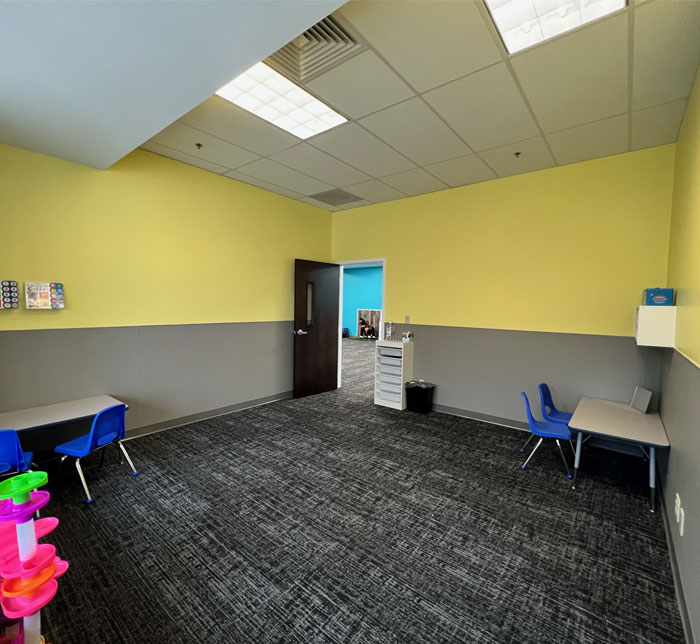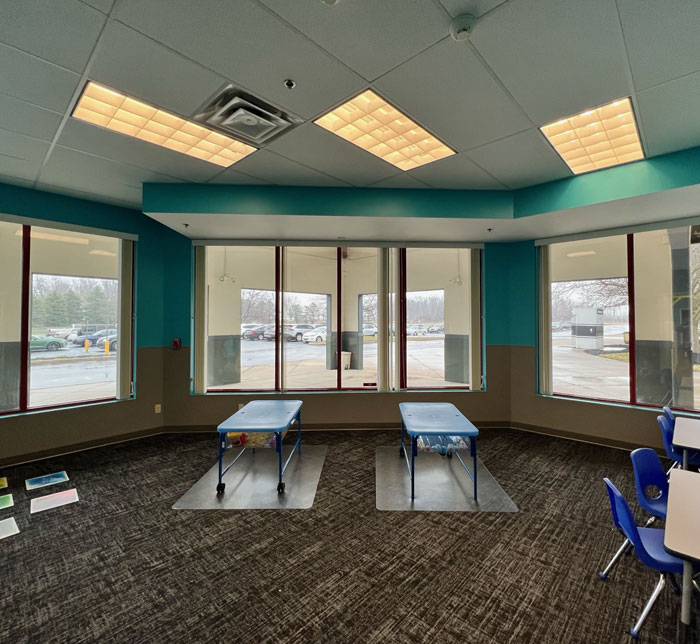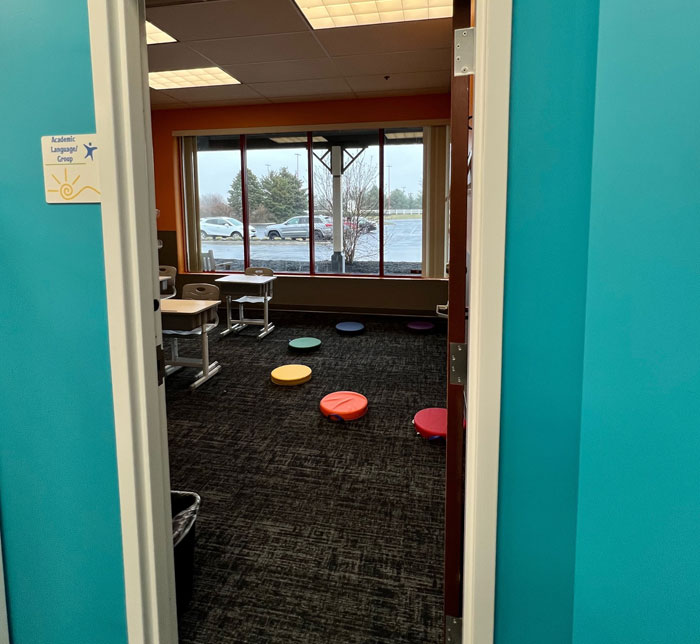Positive reinforcement for autistic children is a strategy to manage behavior and promote growth. Find out what positive reinforcers are, how they differ from bribery, and how to find the right ones for your child.
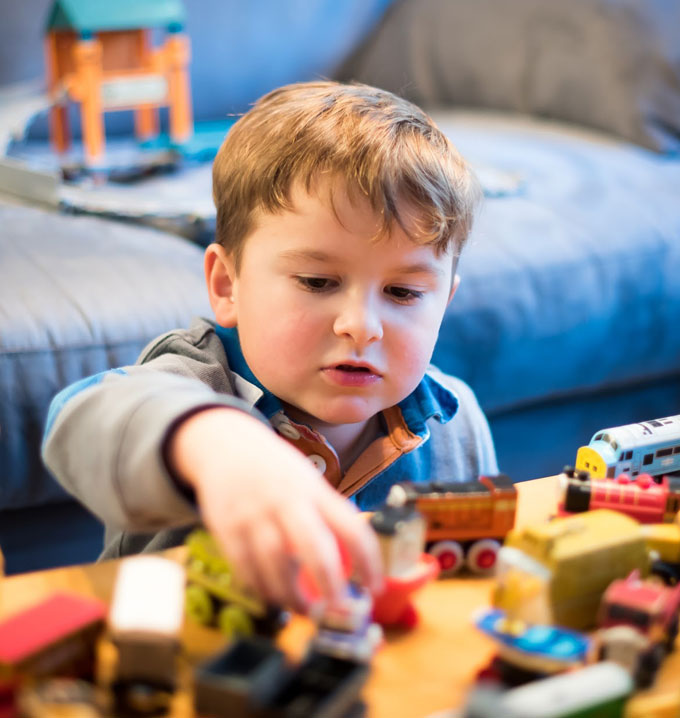
Positive Behavior Support
As a parent of an autistic child, it isn’t always easy to know how to help your child negotiate daily life in a positive and productive way. Whether it’s a simple task that needs to be accomplished or complex problems that distress your child, it is important to find positive behavior strategies that work for both of you.
Encouraging positive behavior can help autistic children recognize their own emotions and needs, as well as teach them how to ask for help or self-regulate when they are overwhelmed.
Let’s find out how positive reinforcement can help your child, what reinforcers are, how to use them, and which ones are right for your child.
What is positive reinforcement in autism?
Positive reinforcement helps autistic children to articulate their emotions and needs in a positive way without acting out or resorting to destructive behaviors like elopement or violence.
You can use positive reinforcement at home by selecting suitable reinforcers like praise, games, sporting events and even tokens like stickers that accumulate towards earning a privilege or desired item or activity. Reinforcers may vary from child to child and finding ones that suit your child can be a rewarding process requiring observation, analysis, as well as trial and error.
Why use positive reinforcement?
Reinforcers for autism have proved to yield the best results and is largely recognized as the most ethical use of Applied Behavior Analysis therapy (ABA), the foundation for using learning to help increase or decrease certain behaviors in autistic children.
What is negative reinforcement?
Negative reinforcement is when you remove something that creates discomfort or distress to your child to increase a desired behavior.
For instance, if a child responds with extreme anger or aggression to loud music with physical outbursts, it should be communicated or demonstrated to the child that the music can be softened or removed if they request it in a calm manner.
After teaching the child the appropriate response parents can provide opportunities for them to request the removal of the irritant calmly and achieve the desired goal.
Punishment should not be used
Punishment is not an accepted practice. According to the Behavior Analyst Certification Board’s (BACB) Professional and Ethical Compliance Code for Behavior Analysts, punishing a child may not just further distress them but cause them to backslide into unhealthy behaviors.
What is the difference between reinforcement and bribery?
As a parent of an autistic child, knowing the difference between bribery and positive reinforcement is key to the successful use of reinforcers.
Bribes are generally offered to children without explaining what is expected from them or simply to stop an undesired behavior in the heat of the moment. This form of reward often entrenches bad habits in the child and often perpetuates a pattern of extracting rewards rather than learning how to articulate needs.
Reinforcers, on the other hand, are not chosen and implemented arbitrarily. They form part of a much broader strategy and employ analysis as well as tried and tested techniques that do not entrench a pattern of unsustainable habits.
How to use positive reinforcement
Positive reinforcement is a technique that ABA therapists use in treatment but also needs parents to implement at home. Here’s how you can use it to help your child.
The ABCs of ABA
ABA practitioners use the ABC model to assess problem behaviors in autistic children. ABC is an acronym for Antecedent, Behavior, and Consequence. With the help of an ABA therapist, you can assess your own child’s behaviors using this model.
- Antecedents refer to “what comes before” or triggers the behavior and can be anything from a situation or item to a time of day or even a topic of conversation.
- Behavior is fairly self-explanatory and refers to the action that needs to be understood and changed.
- Consequences refer to what happens immediately after the behavior is observed and, in the context of ABA, can result in reinforcing or punishing positive or negative behavior.
Assessing the child’s needs
Every autistic child’s situation is unique. From environment to family dynamics and where on the spectrum they fall, as a parent, it is important to work with ABA therapists to observe and evaluate the exact needs of your child and what reinforcers to use.
Without a proper understanding of these factors, positive reinforcement interventions may not work properly and may even have the opposite effect. Assessments will include but are not limited to:
- Past motivations
- Interviews with the child to understand their likes and dislikes
- Assessing the child’s main triggers (i.e., what do they desire or find difficult to attain?)
Finding the right reinforcers for the child
Once you and the therapist have done a full assessment, you will move on to selecting the right reinforcers for your child. These can range from simple things like praise to more involved reinforcers where praise, for instance, is combined with a toy and activity to effect a positive response.
It is important that parents enlist the support of ABA therapists to do the assessments and identify the most effective reinforcers for their children. There isn’t a one-size-fits-all model, and using unsuitable reinforcers for your child could actively harm your child as well as negatively impact their behavior.
How to use reinforcers effectively
Once you and the team have identified the reinforcers, they need to be implemented in a controlled and structured manner. Otherwise, you run the risk of receding into bribery or unuseful habits.
Here are a few guidelines on how you can optimize the use of reinforcers.
- Reduce dependence on the reinforcer. At the beginning of the therapy, there will be intense use of the reinforcer to establish a pattern. However, it is important to phase it out as the new behavior becomes entrenched.
- Always combine the reinforcer with praise and verbal encouragement until the verbal praise becomes the main reinforcer and not the item or activity.
- Model the behavior you want to see in your child. Always practice what you preach!
- Be clear and concise in your instructions.
- Make sure your child understands as much as possible why they are doing something, rather than just doing it because they are told.
- Try not to allow free access to the reinforcer as this may lead to the reinforcer losing its impact. Instead limit access to about 80% to keep the child engaged in the future.
- Be aware of how you implement the reinforcer. Introducing it suddenly may actually reverse the effect, as many autistic children do not respond well to sudden changes.
- Have a backup for when your child doesn’t succeed.
ABA at Lighthouse Autistic Center
If you want to see how positive reinforcement affects behavior look no further than the Lighthouse Autism Center. They are leaders in the implementation of positive reinforcement through their ground-breaking Lighthouse Fusion ABA Therapy program, which fuses the best practices of ABA and speech therapy into a one-of-a-kind clinical model that delivers better outcomes for children with autism. Combined with world-leading autism resources, LAC is the Midwest’s leading autism therapy institution.


